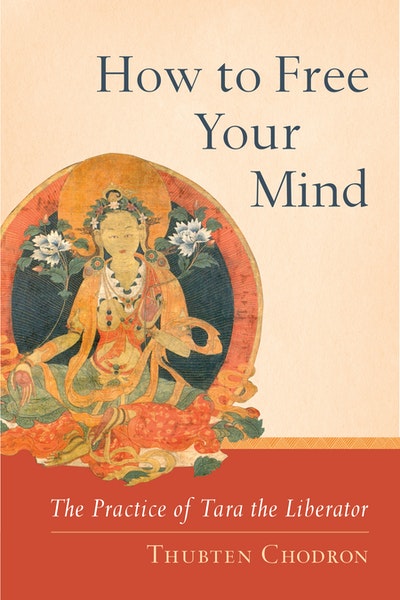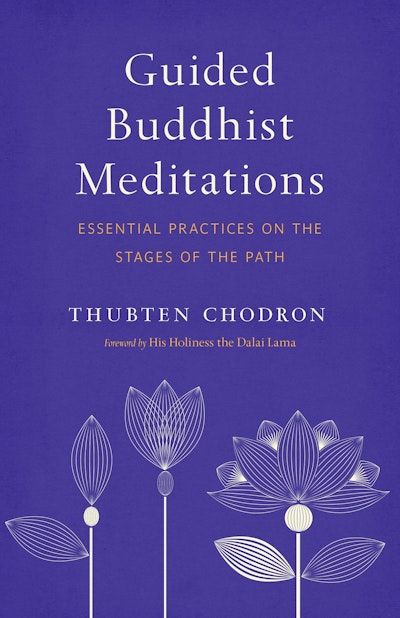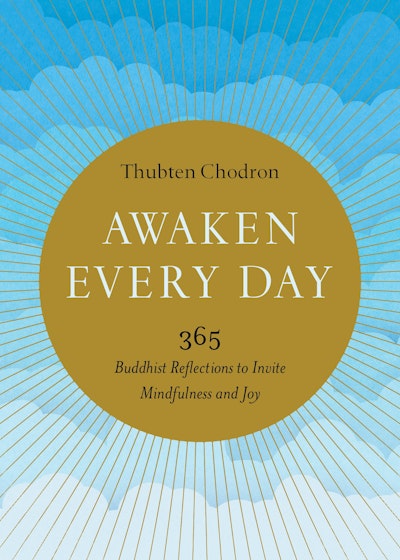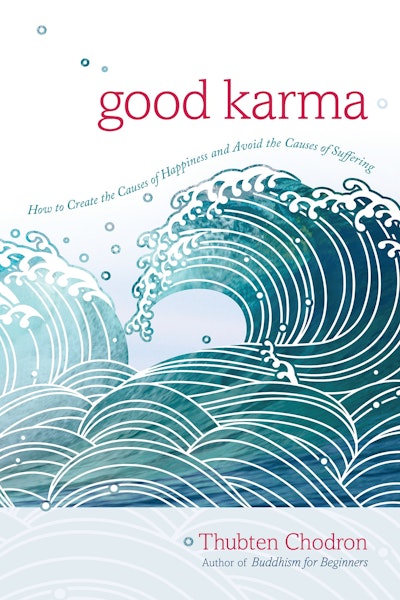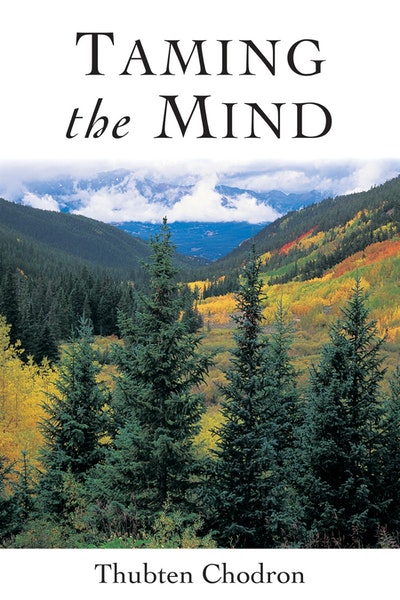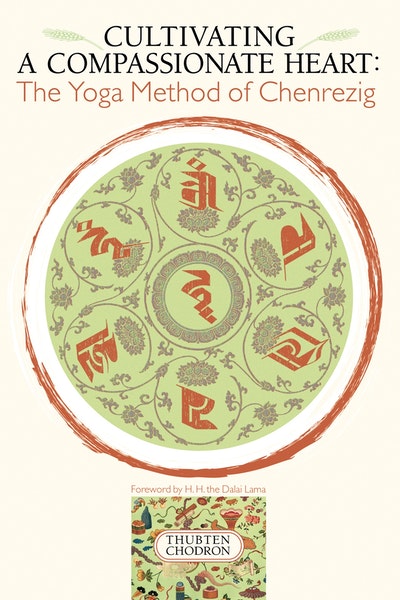- Published: 15 July 2013
- ISBN: 9781559393980
- Imprint: Snow Lion
- Format: Paperback
- Pages: 224
- RRP: $45.00
How to Free Your Mind
The Practice of Tara the Liberator
- Published: 15 July 2013
- ISBN: 9781559393980
- Imprint: Snow Lion
- Format: Paperback
- Pages: 224
- RRP: $45.00
"With her usual clarity, Bhikshuni Thubten Chodron skillfully weaves the practice and theory of Arya Tara together with the Lam-rim path to provide a fascinating and very helpful guide for those interested in the Tara practice."--Jetsunma Tenzin Palmo
"Ven. Thubten Chodron has the extraordinary ability to present even the most profound spiritual teachings simply and directly in ways that impact our everyday lives. With her characteristic warmth, humor, and intelligence, she invites us here to enter the world of Tara, one of the most beloved members of the Buddhist pantheon, and to share in the wisdom and compassion of the Divine Mother."--Jonathan Landaw, author of Prince Siddhartha, Images of Enlightenment, and Buddhism for Dummies
